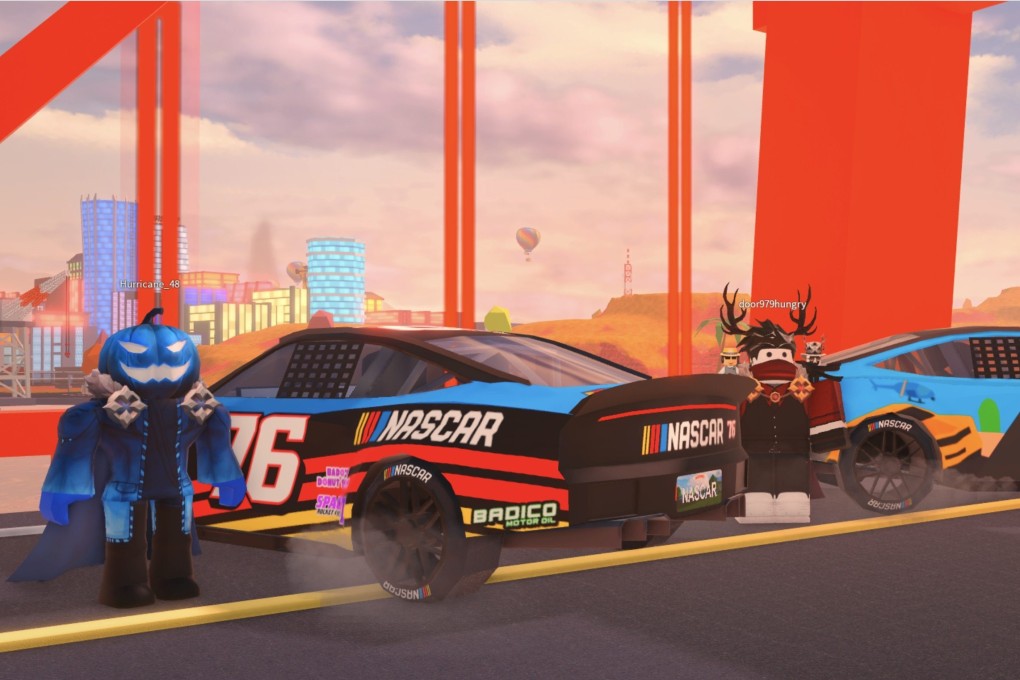What is the metaverse? A virtual world where users generate content, such as Nascar experiences on Roblox, rather than consume brands’ products
- Rather than present products for users to consume, owners of intellectual property (IP) need to provide ‘tool kits’ for users to generate their own experiences
- For example, Nascar lets users build things on the Roblox gaming platform. Some, though, worry about who will own content created by adapting others’ IP

Everyone’s talking about the metaverse, but no one can define exactly what the term means, what it will offer users, and whether it will be a good thing or a bad thing for individuals and society.
Marketing executives, technologists and philosophers are offering their own visions of how things will evolve, but agreement is starting to emerge on one point.
The metaverse will be an interactive experience, like a video game, rather than a passive experience like a film. It will heavily feature user-generated content (UGC) rather than content manufactured for consumption by media and advertising companies.
Much of this content will consist of experiences created by users manipulating a brand’s intellectual property via “tool kits” – software that can be employed by code-savvy users to develop specific online content. Such things are already happening on the immensely popular online game platform Roblox.

“People don’t want to be shouted at. It’s not enough to be told about something, people want to interact and co-create,” said Tara DeVeaux, executive vice-president at digital marketing company Wild Card, at a recent Digital Media Wire (DMW) conference.
“Experience is king. You must avoid developing a lot of content yourself that no one wants to engage with, or worse, that does not even have an avenue for engagement.” The focus, added DeVeaux, should be on allowing users to interact with the content to construct a unique experience for themselves.